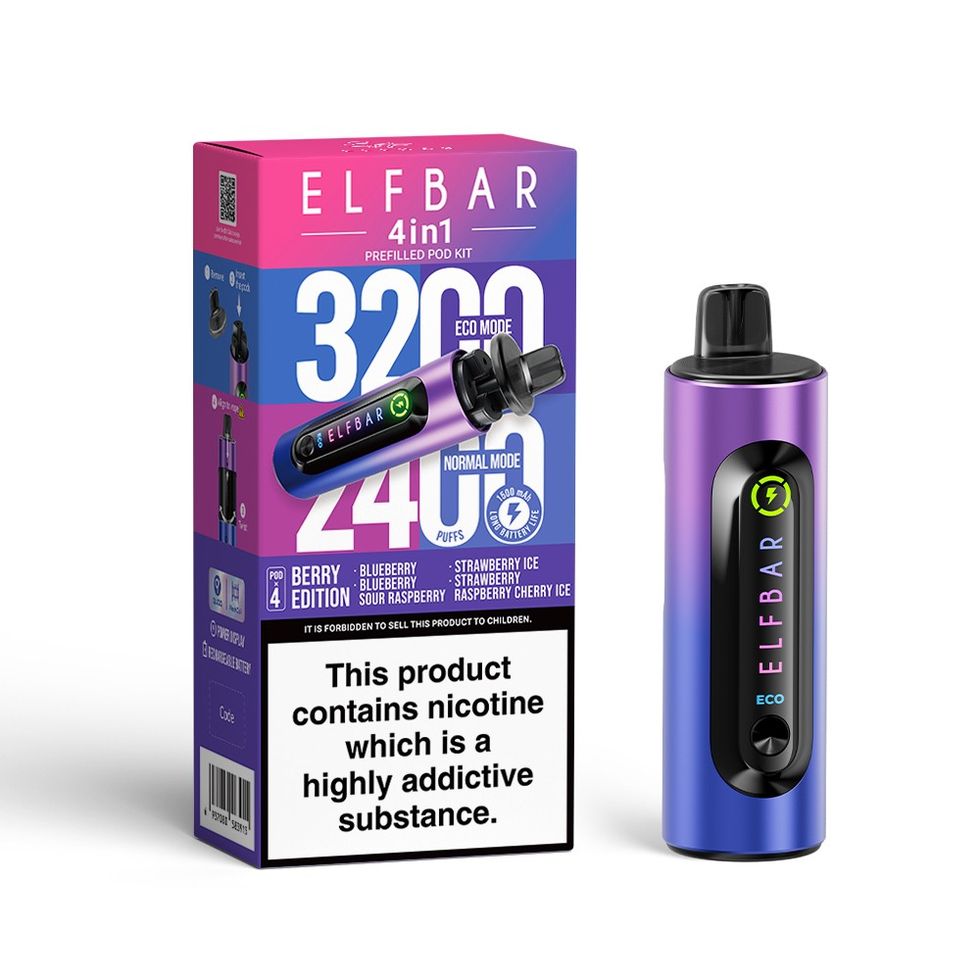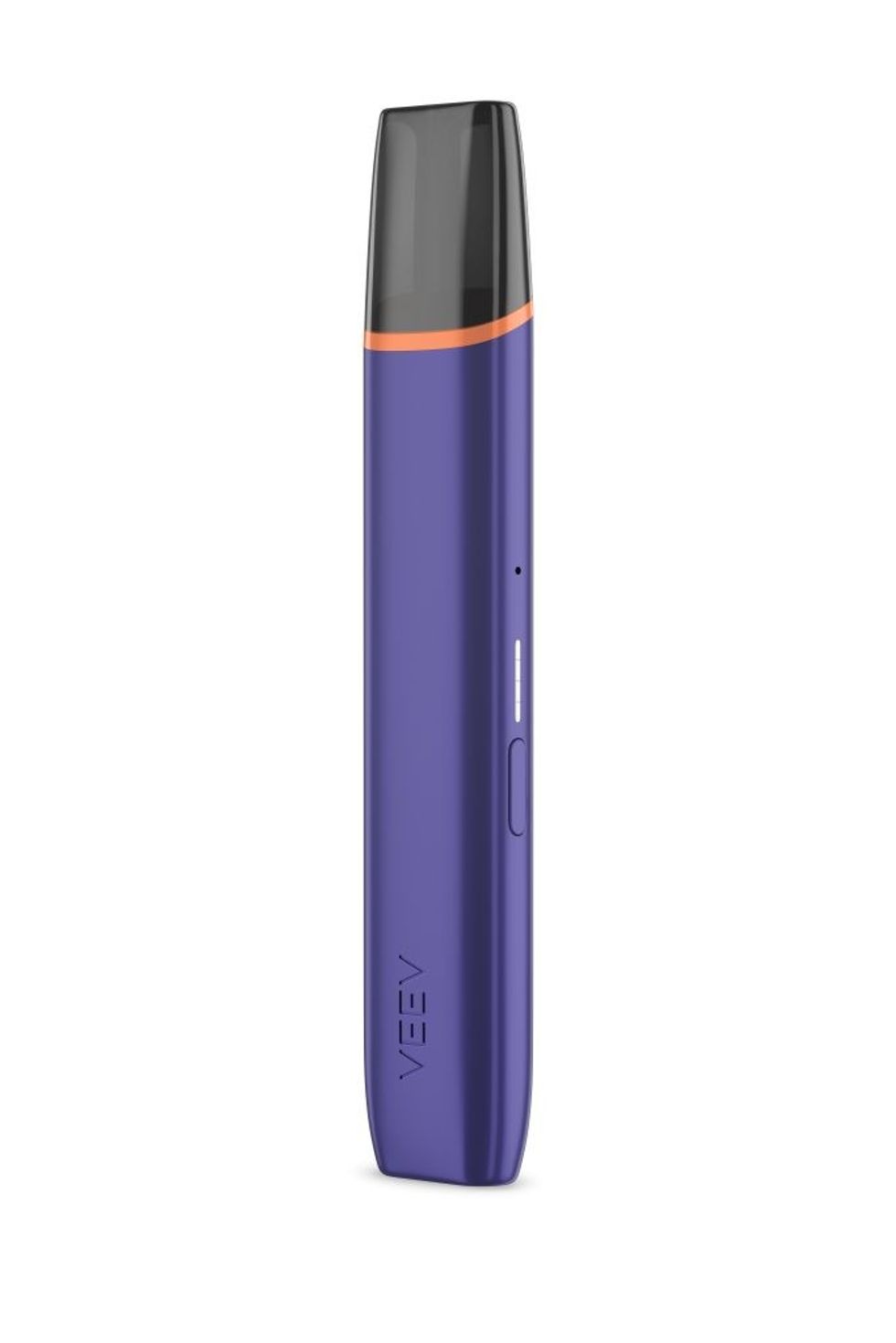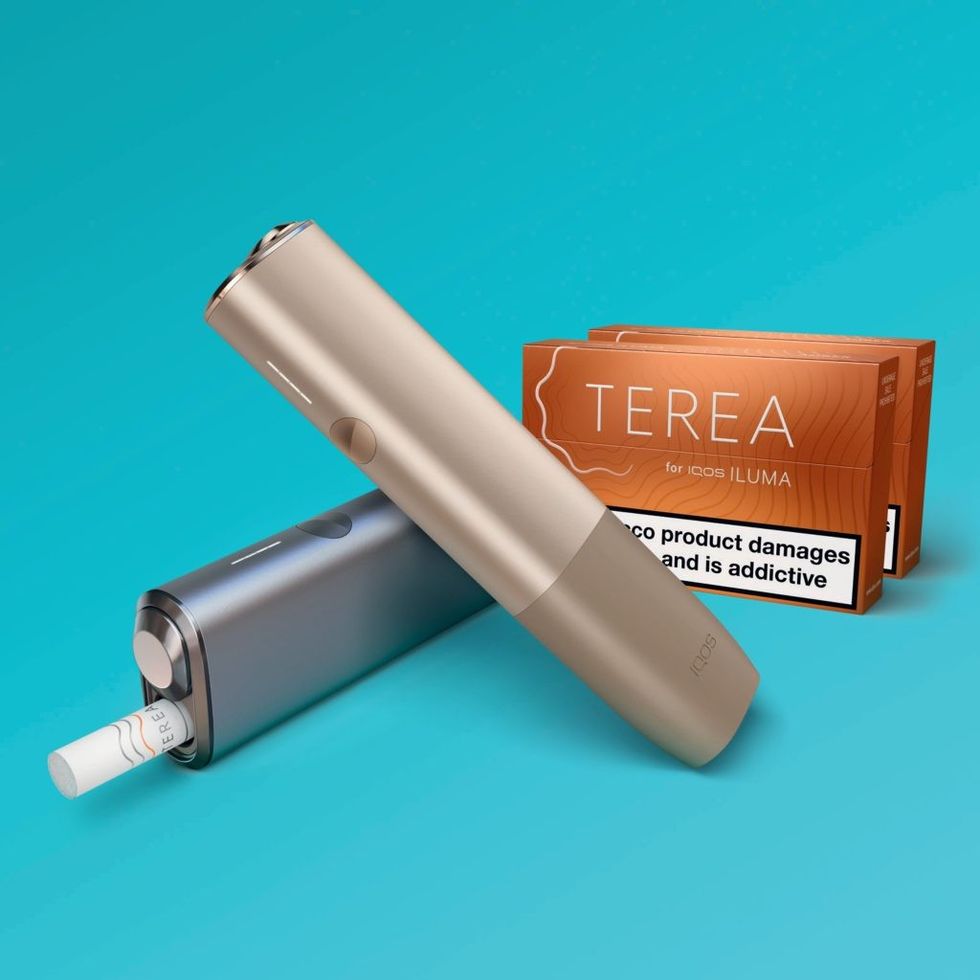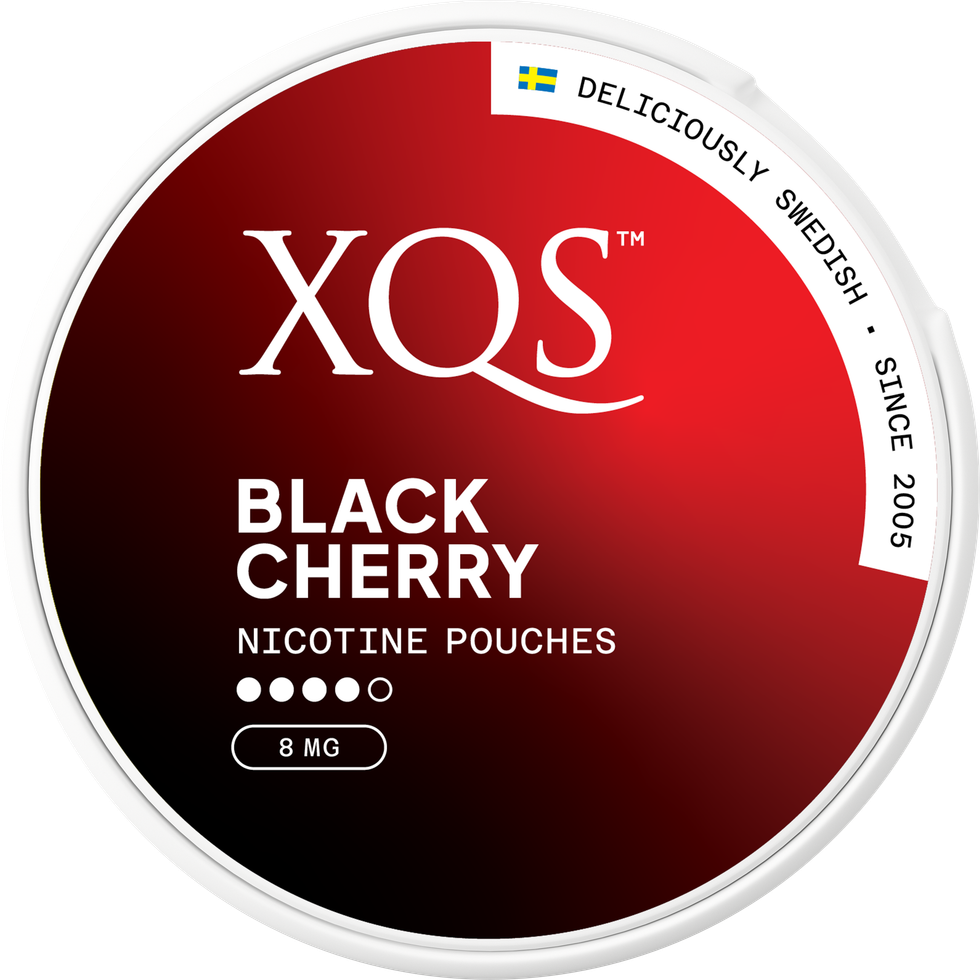Takis has partnered with Asian Trader to give four readers the chance to win four cases of Takis Dragon Sweet Chilli (100g) and Takis Volcano (100g), worth £140 RRP each.
Dragon Sweet Chilli is the brand’s newest flavour to hit the market. Marked as ‘Hot’ on the Takis Heat Meter, these hot and spicy corn chips start off sweet but finish with an intensely spicy kick. Volcano is intensely cheesy with a fiery kick and explode with a multitude of flavours in every dynamite bite. Each crisp and crunchy bite of these rolled tortilla chips is filled with a sensational spicy flavour that tingles the tastebuds.
When it comes to shopper attitudes to snacking, bold and strong flavour choices are dominating purchase decisions. Launched into the UK’s independent retail channel in August and driven by the Gen Z demand for intense flavours, Takis set fire to the aisles with a product range known for its uniquely shaped tortilla rolls that pack a powerful crunch and fiery flavours. The move into the convenience channel was marked with the launch of new PMP grab bags (available via Booker), growing Takis’ availability in the convenience channel – an area crucial to the snacking market.
Independent retailers can now win Takis’ newest flavour for the chance to put the product on shelf or offer in-store sampling to drive trial and purchase, enabling retailers to leverage the exciting revenue opportunity that spicy snacks offer. To be part of the growing global sensation, visit https://takisgb.co.uk/ For a chance to win, simply email competitions@amg.biz with your store name, telephone number and store address.


















 Ross RipamontiPhoto: LinkedIn
Ross RipamontiPhoto: LinkedIn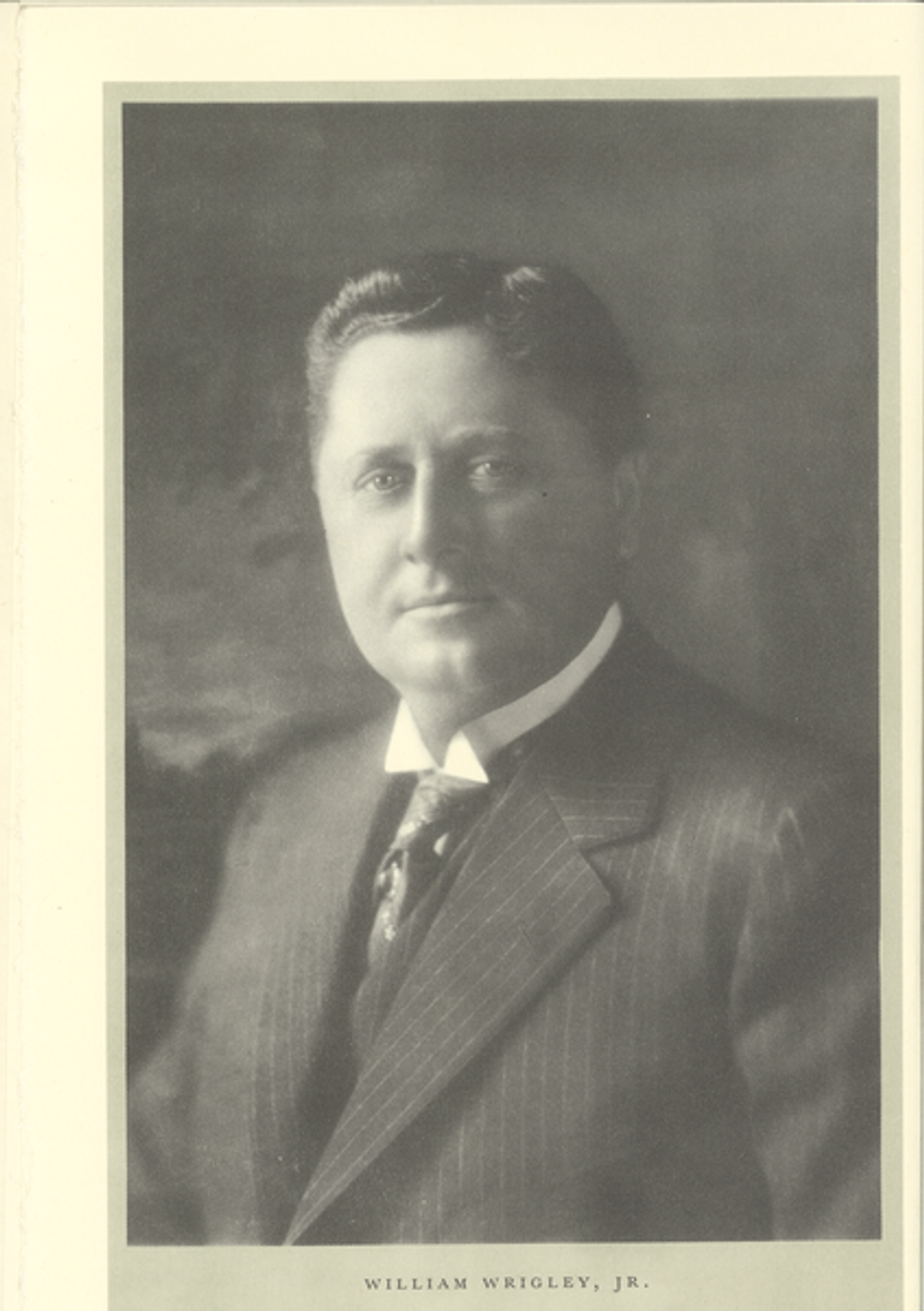 William Wrigley JnrPhoto: Mars
William Wrigley JnrPhoto: Mars

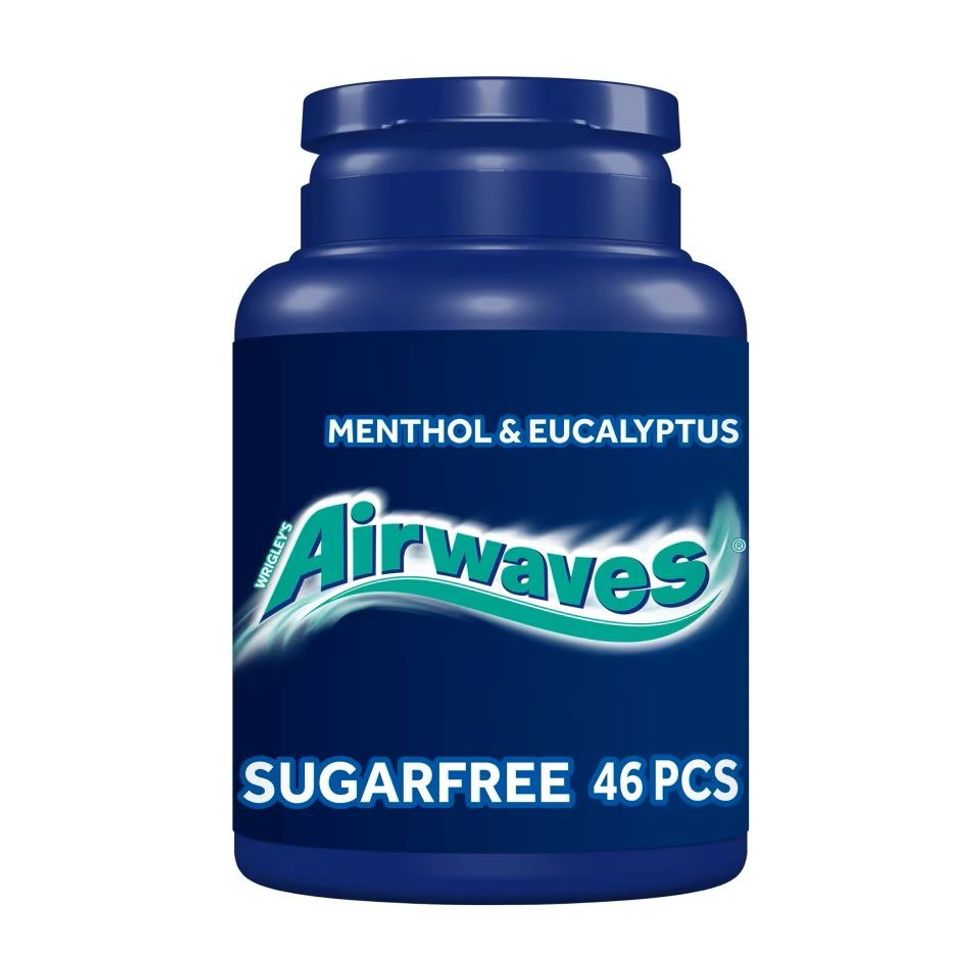
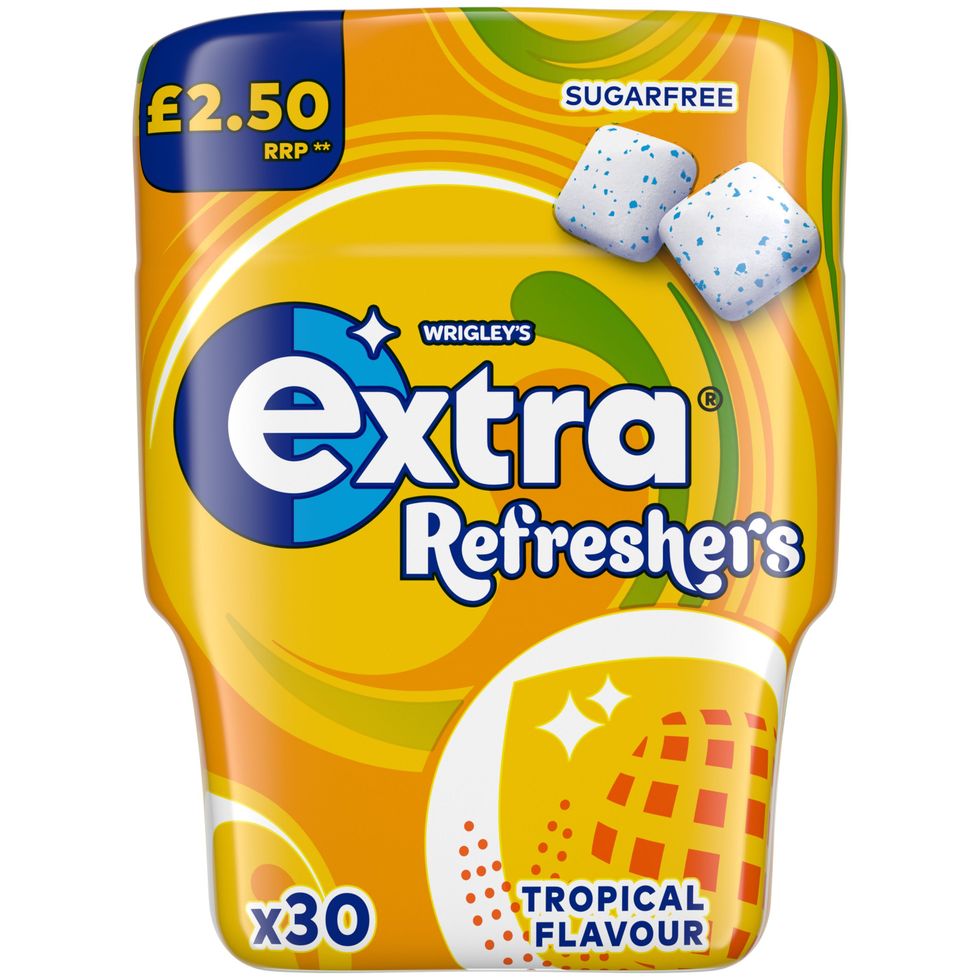

![From hurdle to hustle: Convenience retailers outlook on 2025 [Exclusive]](https://www.asiantrader.biz/media-library/image.jpg?id=56043539&width=1200&height=899)
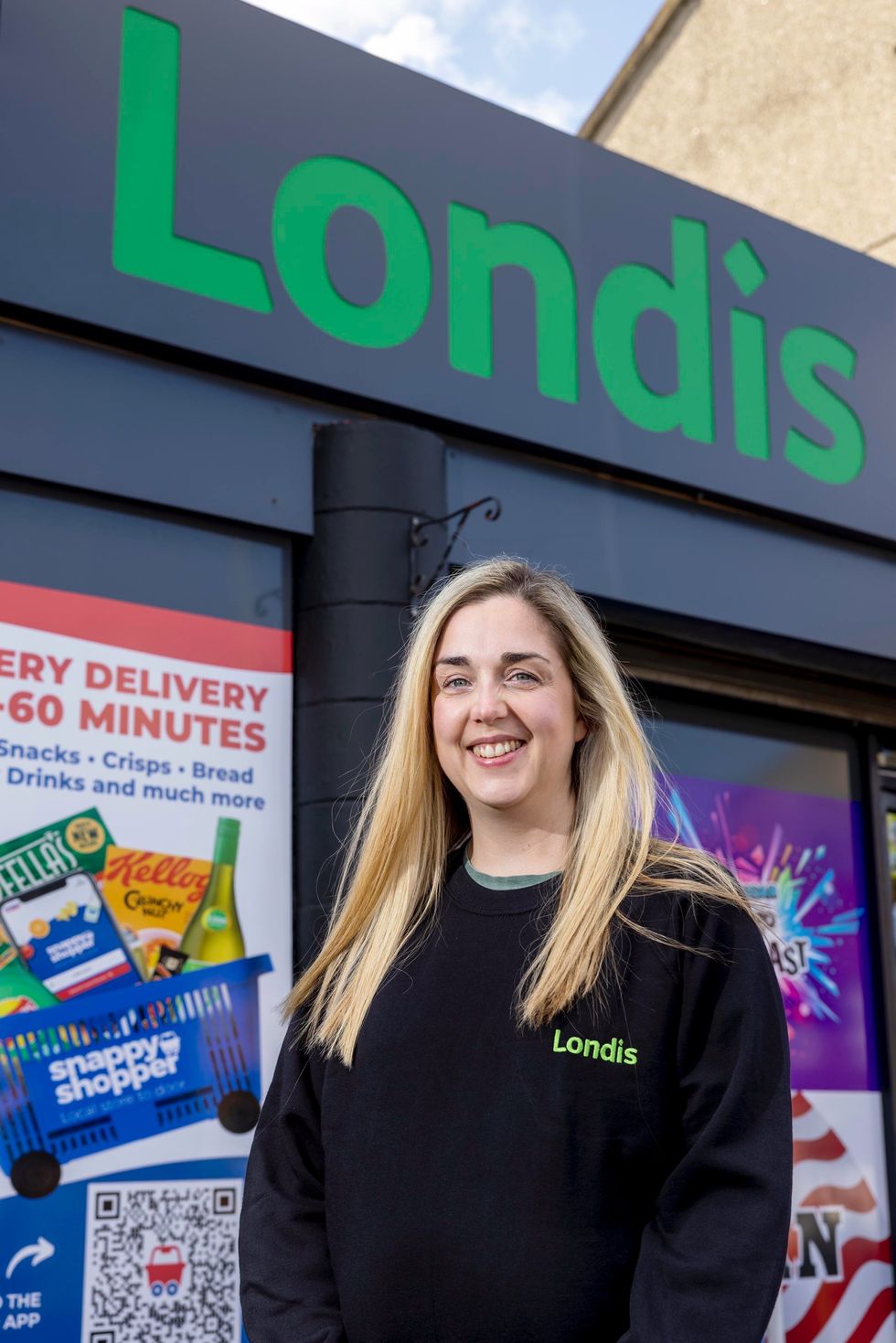 Retailer Natalie Lightfoot
Retailer Natalie Lightfoot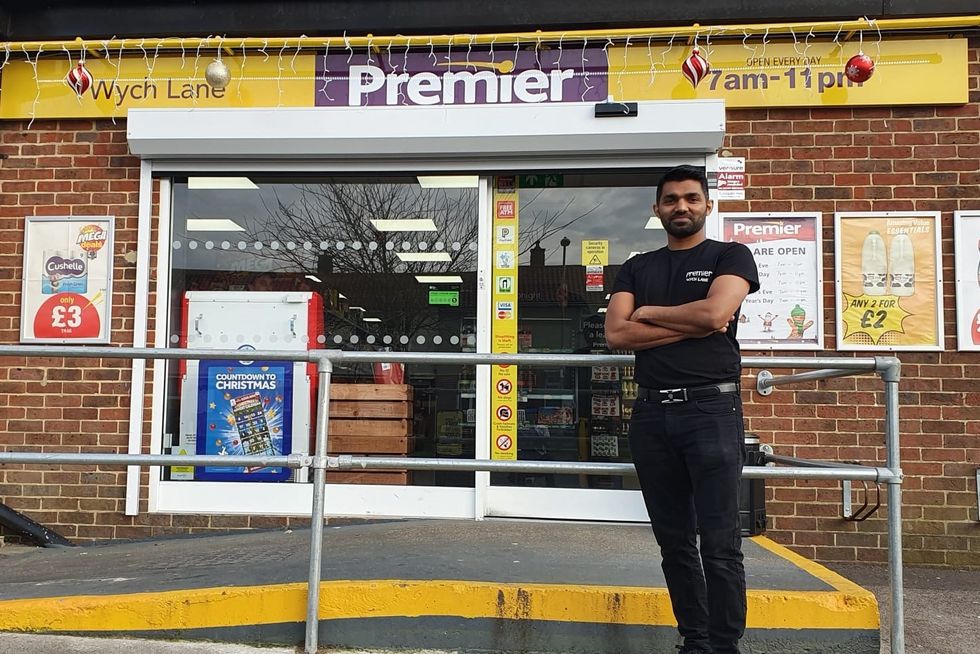 Retailer Imtiyaz Mamode
Retailer Imtiyaz Mamode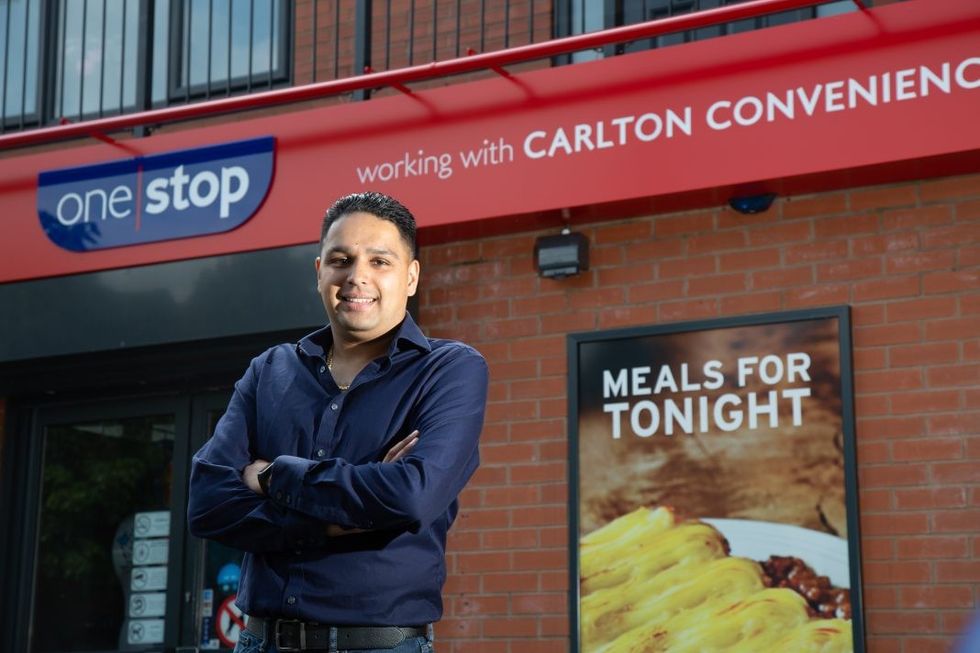 Retailer Priyesh Vekaria
Retailer Priyesh Vekaria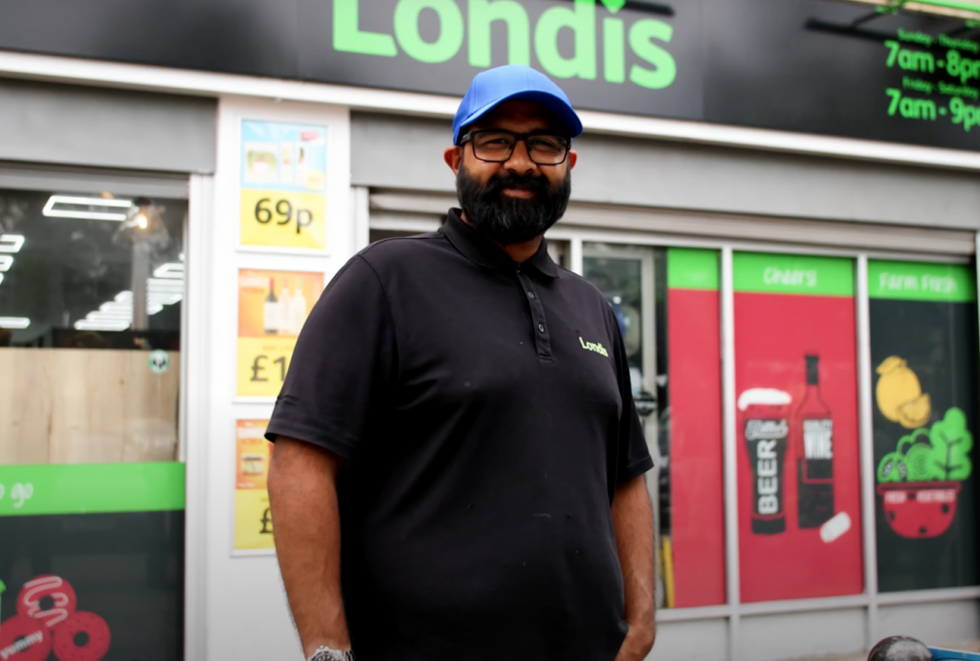 Retailer Nishi Patel
Retailer Nishi Patel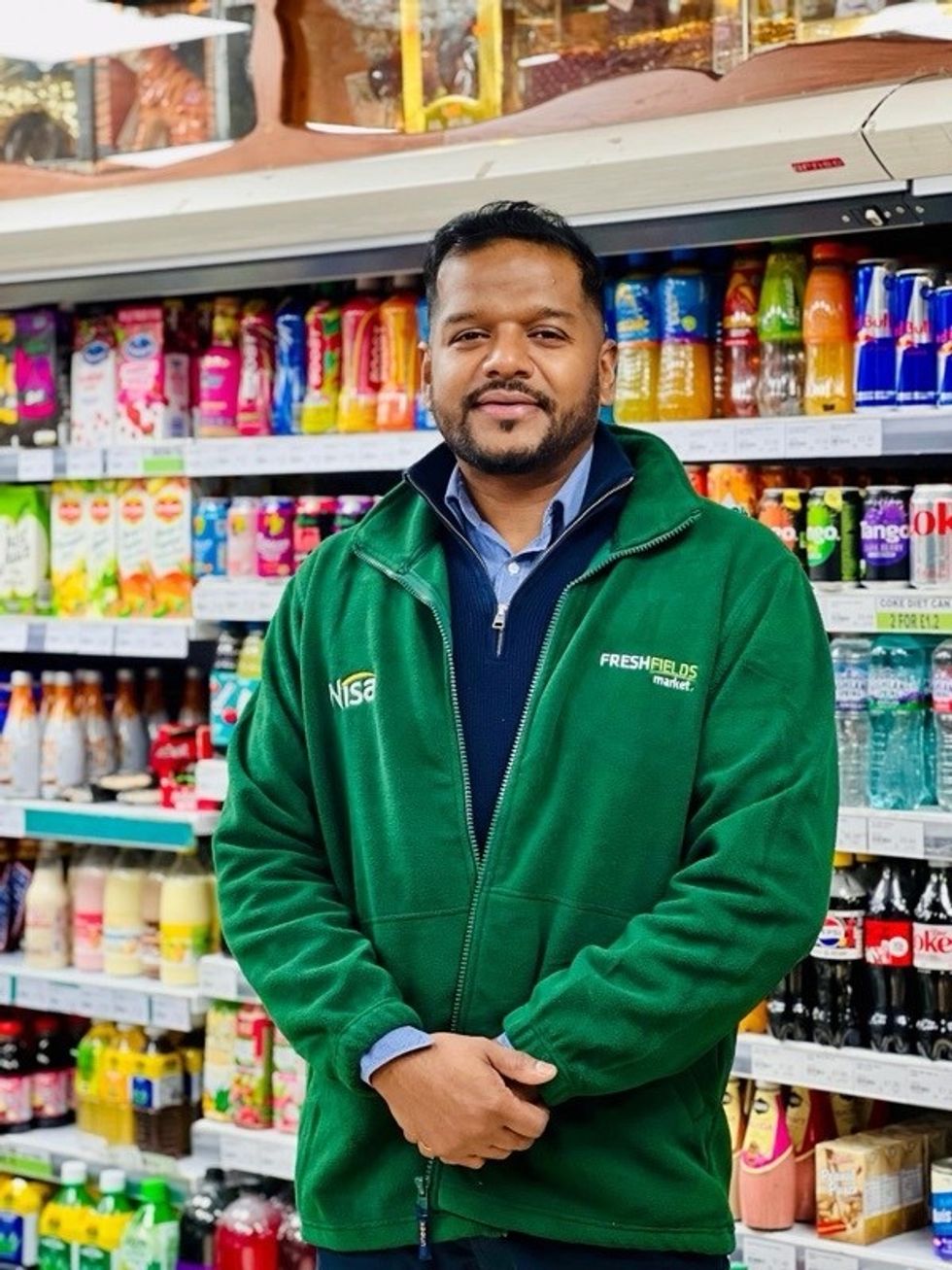 Retailer Benedict Selvaratnam
Retailer Benedict Selvaratnam
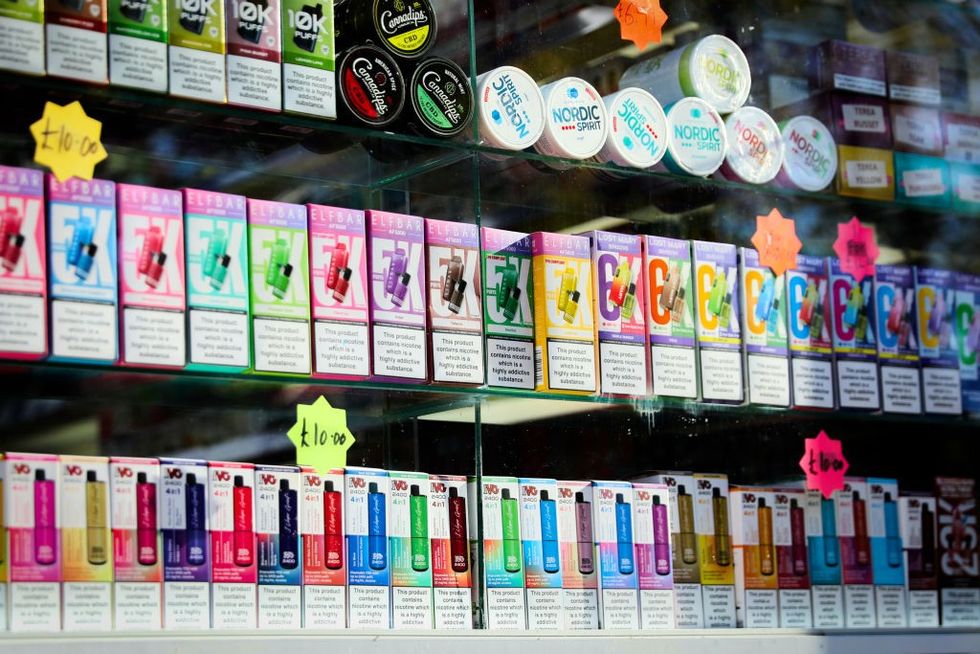 Vape products are displayed for sale on October 27, 2024 in London, England
Photo by Alishia Abodunde/Getty Images
Vape products are displayed for sale on October 27, 2024 in London, England
Photo by Alishia Abodunde/Getty Images
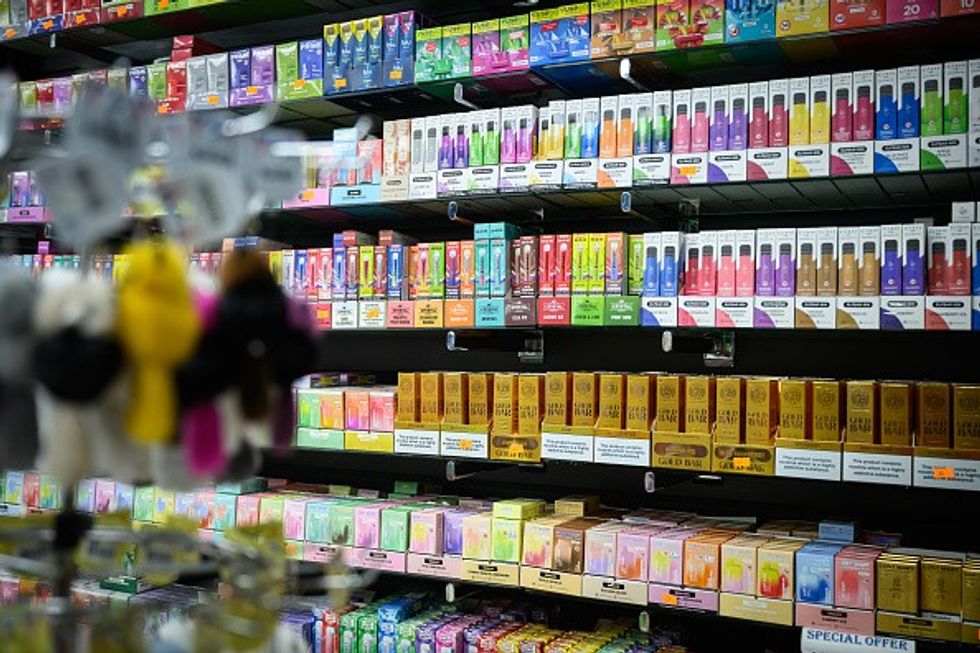 A selection of disposable vapes with bright and colourful packaging are seen in a convenience store, on January 29, 2024 in London, England. Photo by Leon Neal/Getty Images
A selection of disposable vapes with bright and colourful packaging are seen in a convenience store, on January 29, 2024 in London, England. Photo by Leon Neal/Getty Images